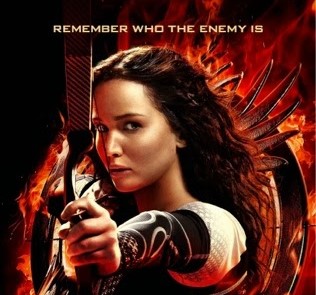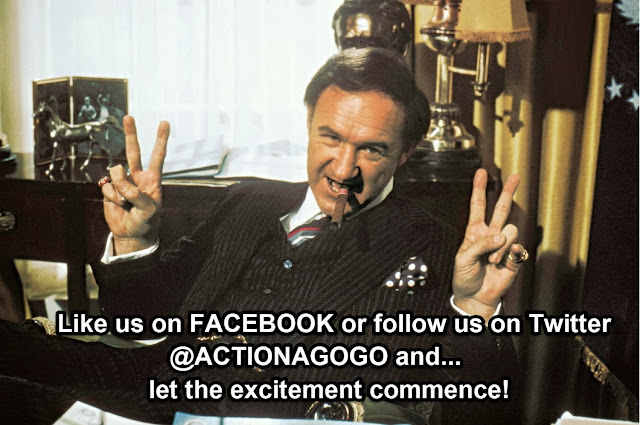Catching Fire picks up a couple months after the first Hunger Games and features a psychologically traumatized Katniss (again played by the spectacular Jennifer Lawrence) trying to cope with the events of the previous film while simultaneously being sucked into a revolution she accidentally started. As the districts of Panem begin to revolt against the totalitarian Capitol, Katniss is unwillingly thrust into a bloody political game where the slightest wrong move could lead to the execution of herself and her family. While the first Hunger Games laid the groundwork for the post-apocalyptic society, Catching Fire builds on that groundwork exponentially. With a significantly increased budget, Francis Lawrence stays entirely true to the world that had been established, but still fills it out considerably. Panem feels like a functioning society, which makes the political chess-match taking place within all the more thrilling.
Speaking of PG-13 ratings, this time around, director Francis Lawrence isn’t afraid to get his hands dirty. Catching Fire regularly employs a tactic that the first Hunger Games would have been significantly better off for: imply horrible things instead of showing tame things. Unjust executions and the murder of children can be entirely emotionally provocative without the need of gore, and implying terrible acts of violence can disturb without excessive bloodletting. Catching Fire pushes the limits of it’s PG-13 rating, and when the violence of the scenario exceeds what they are allowed to show onscreen, they simply cut away. The result is powerful and appropriately upsetting in ways rarely seen in a PG-13 picture, joining the likes of Christopher Nolan’s Dark Knight Trilogy and Peter Jackson’s Lord of the Rings trilogy, both series of films that employed their violence strategically and effectively. Graphic violence is often used as a crutch used by film makers to illicit emotion, but it’s a real commendable accomplishment to move your audience without resorting to gratuitous imagery.
With a large portion of the film shot in IMAX, Catching Fire is a cinematic spectacle not to be missed. Thought-provoking and emotionally resonant without sacrificing entertainment factor, it’s the sci-fi epic to beat this year. Even if you found yourself unimpressed with the first outing into Panem, this film has all the elements necessary to bring a Hunger Games skeptic into the fold. With humor, action, romance, and an engaging story, Catching Fire is a crowd-pleasing, well-rounded Hollywood blockbuster the way they used to make ’em, and is bound to delight audiences of all shapes and sizes.
5 out 5 Arnolds






